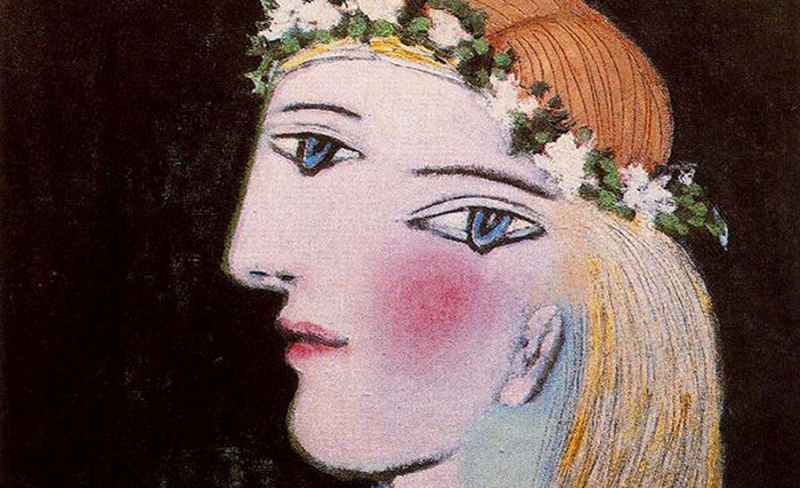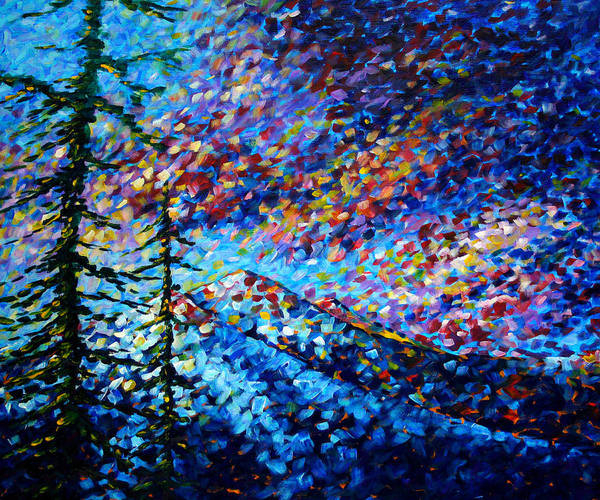Impressionism
Impressionism was an art movement that was distinguished by small and thin yet recognizable brushstrokes, open concentration, increased focus on the accurate portrayal of light in its frequently changing settings (often emphasizing the repercussions of the lapse of time), unexpected visual angles, and incorporation of movements as a crucial component of human experience and perception.
Impressionism was founded by a small club of Paris-based painters, whose 1870s and 1880s independent exhibits propelled them to fame. At the same time, other painters from other countries, such as Macchiaioli ( in Italy) and Winslow Homer (from the U.S), were also experimenting with plein-air painting.
In France, the traditional art world criticized the Impressionists with great ferocity. In fact, the word Impressionism itself was coined by the critic Louis Leroy in a sarcastic review released in the Parisian weekly Newspaper Charivari - in response to Claude Monet’s painting titled "Impression, soleil levant". But despite the backlash, the birth of Impressionist art styles in the fine arts was quickly followed by similar forms in music and writing, which became characterized as impressionist poetry and literature, respectively.
Encompassing unique ways of viewing the world, Impressionism, overall, is an art of urgency and movement, frank stances and compositions, and entails genius play of light sources represented via the use of brilliant and diverse colors.
Emergence: 19th century
Outstanding artists: Édouard Manet, Claude Monet, Edgar Degas, Camille Pissarro, Pierre-Auguste Renoir








